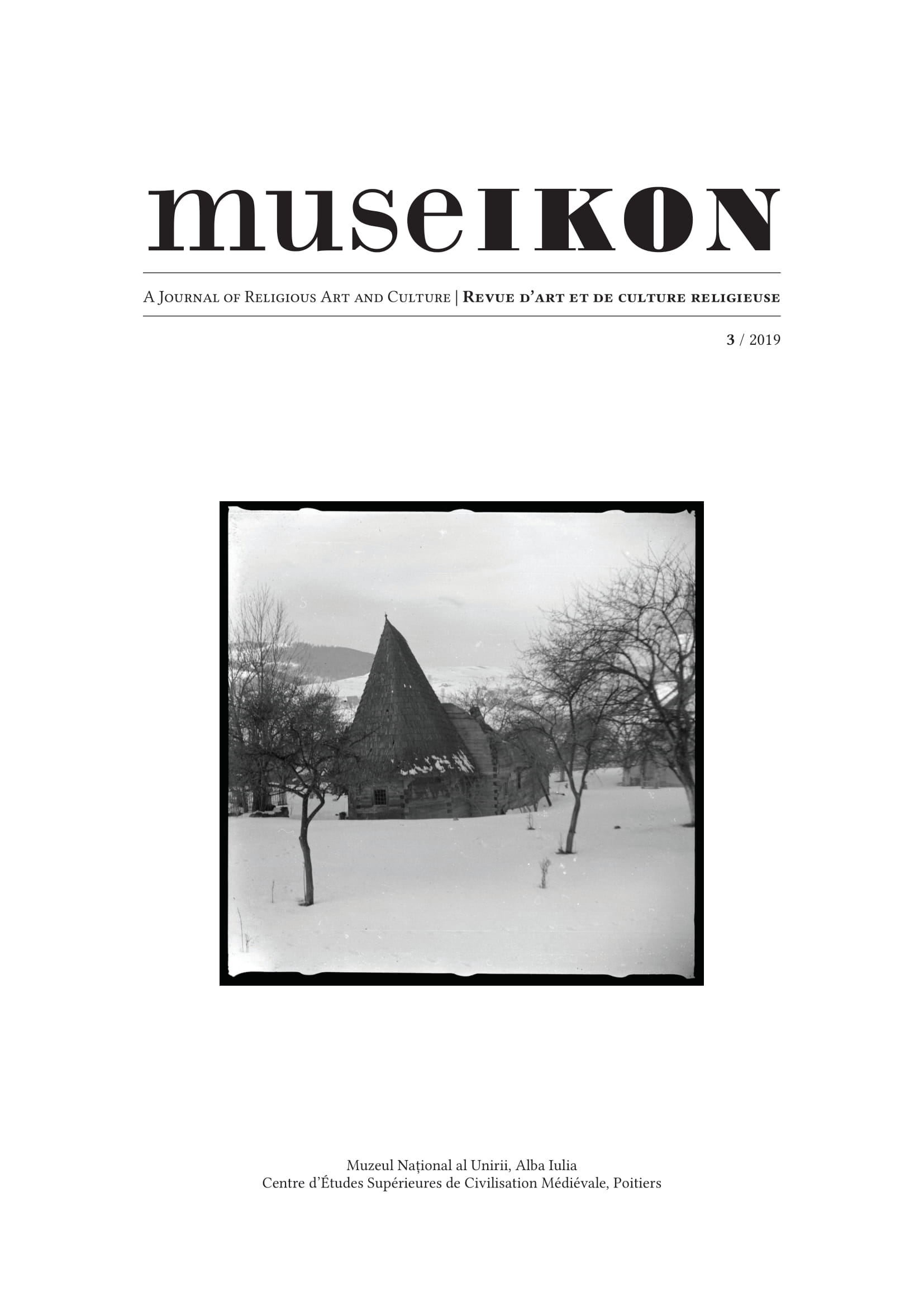
We kindly inform you that, as long as the subject affiliation of our 300.000+ articles is in progress, you might get unsufficient or no results on your third level or second level search. In this case, please broaden your search criteria.

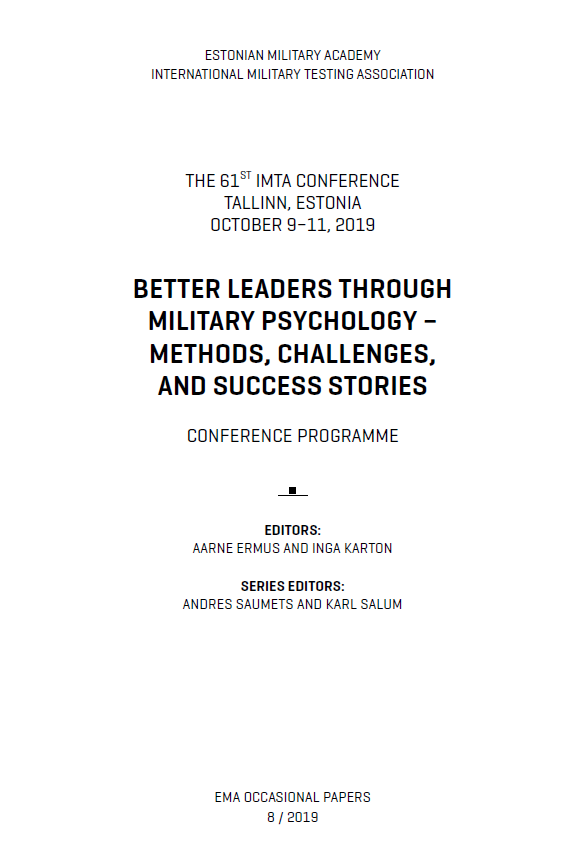
As a mode that evolved around our fears over technological development, science / fiction, understood in a broad sense of fictionalizing scientific narratives, has more recently turned towards biology as the science of the future. In parallel, life sciences have established their presence within the field of humanities, as both strive to tackle the burning political issues. Climate change, mass extinctions, biotechnological fallouts – these aspects of the Anthropocene feature in contemporary fiction, reflecting the global anxieties, but their trajectory could be traced back to modernist works (and further back). The sixth volume of Pulse, entitled “Alternate Realities of Life Sciences and Science Fiction,” brings together a number of texts exploring how possible realities alternate to the biopolitical ordering, are both constructed and deconstructed at the intersection of life sciences and science / fiction in different ways, in the modernist and contemporary periods. The texts are interventions across a range of perspectives: from continental philosophy, cultural studies, to eco-criticism, animal studies, and medical humanities.
More...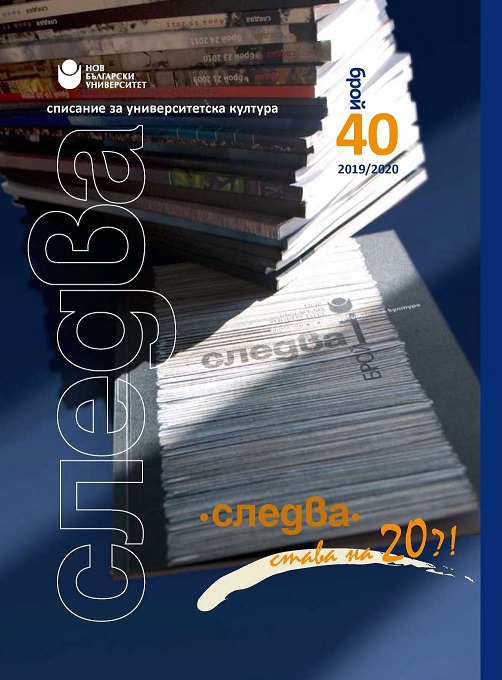
An introductory text on the 20th anniversary of SLEDVA by the editor-in-chief, Bilyana Kourtasheva: the outcome is 40 issues, more than 4000 pages on university culture hallmarked by the New Bulgarian University; among the contributors are both renowned academics and students; some of the aspiring young authors have become well known names in their fields.
More...
In Volume 6 of the edition “Monumenta Srebrenica“ we talked about the phenomenon and meaning of the culture of remembering for the whole socio-historical existence of social groups, first and foremost, nations and states. In the last, Volume 7 of the edition “Monumenta Srebrenica“, we discussed only one, specific form of collective consciousness of Bosniaks, that has developed recently, and that is self-shame, and we can also call it self-hatred, auto-chauvinism and the like, but that form of consciousness is very similar to the inferiority complex, that essentially degrades one’s own and values other cultural, traditional, political, religious and other life values.
More...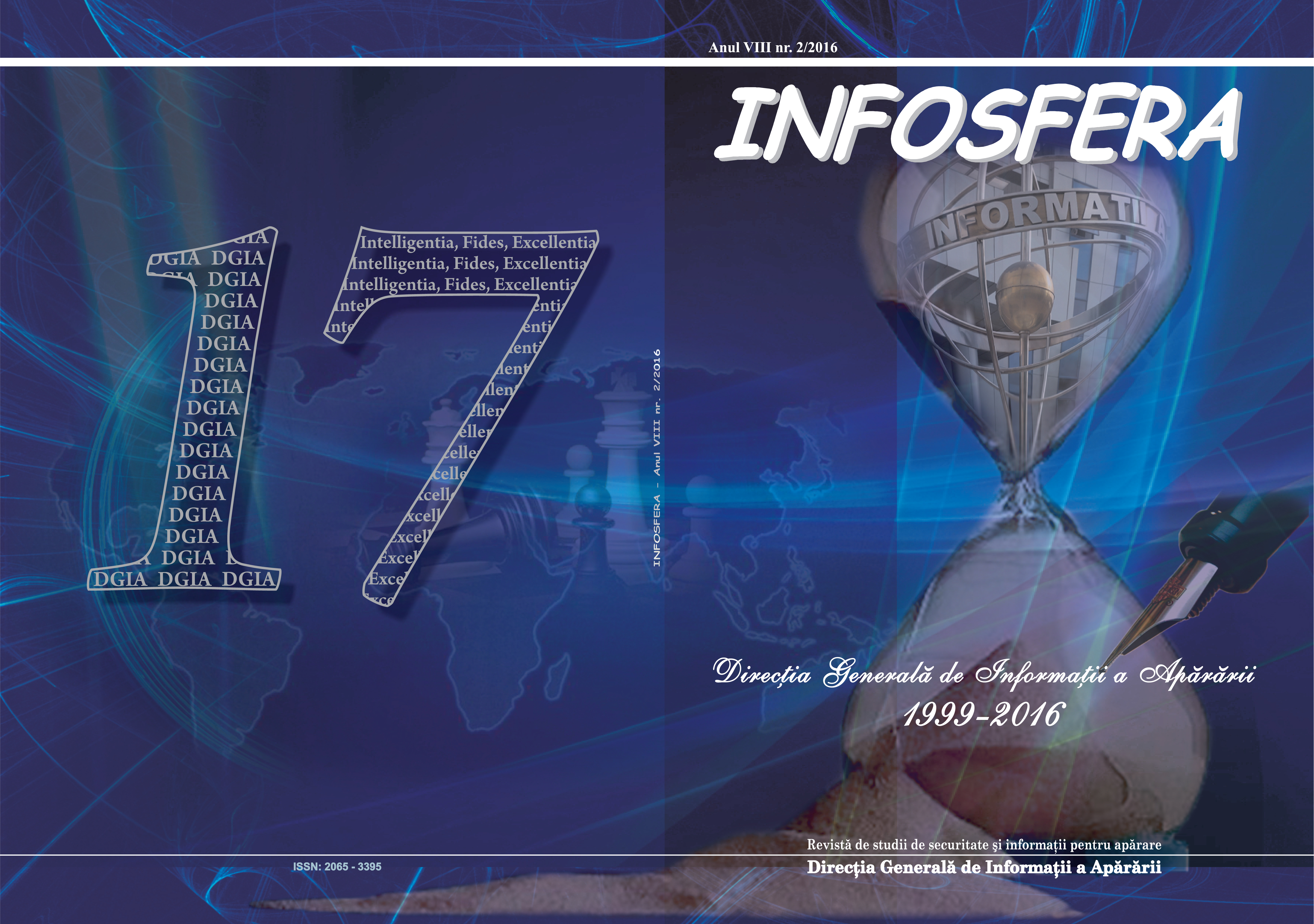
The article deals, using some illustrative details, with a perennial and major strategic goal of the decision-makers in Washington, D.C.: that of continuously maintaining and strongly consolidating freedom of navigation in different parts of the World Ocean. At this very moment, this major strategic goal is vividlyillustrated by the FONOPs (Freedom of Navigation Operations) in the South China Sea. But these current FONOPs are nothing else but a quite tiny chapter in a very long and astonishingly complex story, more than two centuries long, mixing some major political principles and an active search for accomplishing significant (and sometimes vital) elements of the U.S. national interest.
More...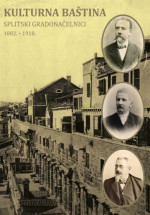
Osvrt na znanstveni skup Splitski gradonačelnici od pohrvaćenja splitske Općine do kraja Prvoga svjetskog rata (1882.-1918.) održanom 8. svibnja 2018. u Muzeju grada Splita.
More...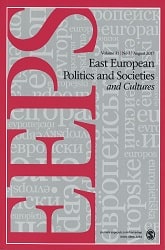
The demise of communist dictatorships in East Central Europe, the end of their Cold War border regimes, and the region’s “return to Europe” shook the sociogeographical notions predicating national identities and their place within the continent. At one extreme, the Schengen process turned some of the formerly most contested and zealously guarded borders into open spaces; at the other, some of the previously relatively permeable intra-USSR administrative lines became state borders of “Fortress Europe.” Parallel to and cutting across the genealogy of territorial borders and border politics, memories have formed of post-war/Cold War national seclusion and exclusion, cultural frontiers and cohabitations, and community separation and proximity. [...]
More...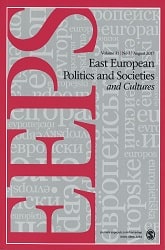
Twenty-seven years have passed since the publication of the first issue of East European Politics and Societies. The journal was launched at a time when communist regimes still controlled east European states, but the decay of their might had already become evident and the seeds of change had been planted. Soon after, the wave of democratic revolutions swept the region, followed by a period of transition that was longer and more difficult than expected. At present, eastern Europe is characterized above all by its diversity. The journal has not only borne witness to these tumultuous times, but also, under the capable leadership of our predecessors, has become a central forum for reflection on developments in the region. Our primary goal as its new editors is to maintain the status of EEPS as the leading journal on the area, and to continue its role as a space and a stimulus for the sort of interdisciplinary, comparative, and transnational research that characterizes area studies at its most productive.
More...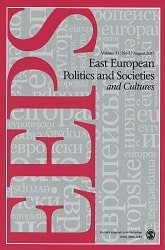
For the vast majority of Americans, the mention of Warsaw conjures up images of the Holocaust and World War II. In comparison with other Central European capitals such as Berlin, Budapest, Prague, and Vienna, Warsaw remains fixed as a site of wartime suffering and destruction in English-language publications. In part, these impressions stem from the fact that interwar Warsaw was a major center of Ashkenazi Jewish culture, and stories of this center’s flourishing and destruction attract the largest number of American readers. Because the Holocaust relentlessly reduced this Jewish center to a ghetto and then a ghost town, tributes to the Polish Jewish dead and memoirs of the Holocaust’s survivors naturally dominate Englishlanguage tales of the city.
More...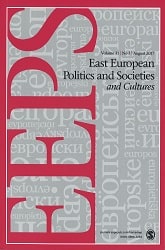
Ukraine’s 2010 election sent contradictory messages. On one hand, the voting was free, fair, and accompanied by raucous public debate, evidence of a consolidation of electoral democracy. On the other, the “Orange” forces that forced free elections in 2004 were decisively defeated. Ukrainian voters instead elected Viktor Yanukovych, despite his effort to steal the 2004 election, leaving many questions about the meaning of the election and the state of Ukrainian democracy. [...]
More...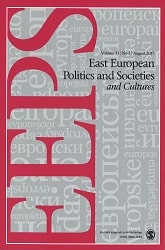
Although almost all of us are too young to remember anything of the 1940s, we are nevertheless condemned to live in memory cultures that begin with the Second World War and its victims. Historians, especially those who take as their subjects Germany and Russia and the lands between, must somehow negotiate the slippery territory between memory cultures and historical scholarship. One approach is to treat the memory cultures themselves as an object of study, as do Alexandra Goujon and David Marples in the essays published here. [...]
More...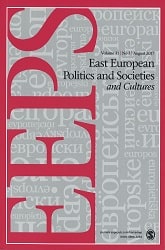
It is not the usual practice for this journal to publish an author’s reply to reviews of his or her books. However, Professor Sabrina Ramet’s book, Thinking about Yugoslavia, is an unusual book presenting specific problems that led to this unusual treatment. [...]
More...
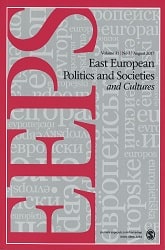
Thirty years ago hope was crushed in Prague. Although their efforts were marred by suspicions of civil society and the legitimacy of non-communist alternatives to political and economic development, the Prague reformers, oblivious to the major geo-strategic arrangements of the ideological age, searched for socialism with a human face. Alexander Dubček and his comrades were hostages to the myth of the predestined role of the party, and their concessions to pluralism by today's criteria were much too modest. Even the archive documents glaringly confirm how limited and self-restrained these reforms were; nevertheless they were enough to make Wladyslaw Gomulka and Walter Ulbricht nervous and push the Soviet leaders into action. [...]
More...
“Is logic a physical variable?” This thought-provoking question was put forward by Michael Heller during the public lecture “Category Theory and Mathematical Structures of the Universe” delivered on 30th March 2017 at the National Quantum Information Center in Sopot. It touches upon the intimate relationship between the foundations of physics, mathematics and philosophy. To address this question one needs a conceptual framework, which is on the one hand rigorous and, on the other hand capacious enough to grasp the diversity of modern theoretical physics. Category theory is here a natural choice. It is not only an independent, well-developed and very advanced mathematical theory, but also a holistic, process-oriented way of thinking.
More...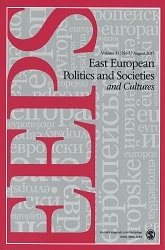
In the Fall of 1989, the Joint Committee on Eastern Europe of the American Council of Learned Societies and the Social Science Research Council co-sponsored two conferences (held at Columbia University and the University of California, Los Angeles) on "Property Rights in Eastern Europe." These meetings brought together social scientists studying Eastern Europe and theorists of property rights (Harold Demsetz, John Roemer, and others). That mixture sparked some very lively debates. But the greatest sparks flew not across the ideological cleavages that one might have thought would have divided the economists among themselves but between them and the specialists familiar with the region. [...]
More...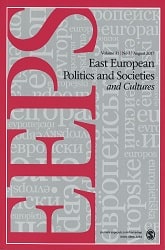
Rawls or Nozick? Hayek or Friedman? Thatcher or Palme? Liberalization or democratization? Free market or social market economy? Finlandization or "Deutschlandization"?-such questions as these may be misleading in a refined scholarly analysis of liberal thought. Nevertheless, they can provoke stimulating discussions at a conference about the prospects for liberalism in Eastern Europe held some months after the fall of the Wall. [...]
More...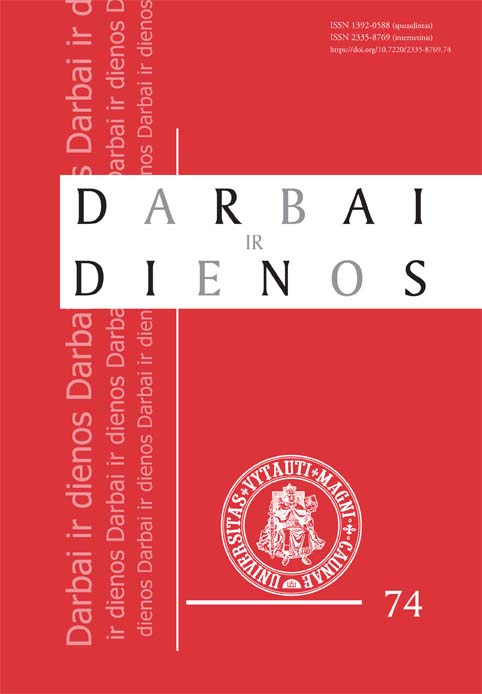
Those who are not new to science know well how difficult it is not to identify one¬self with the object of one’s investigations and research. Especially when one needs to withdraw and to close oneself off by the partition of method and to look at people, objects and phenomena themselves, at everything that’s going on here and now, and to see these processes not through the eyes of a participant but through the eyes of an observer, and when one must recognize, describe, and explain things that are still hard to grasp. And the faster one must do this, the harder and at the same time the more important it is after we have reflected on the issue to steer it in another direction. That’s hard to do but worth a try because that’s the only way of getting down from the ivory tower we’re often accused of inhabiting and of becoming needed by others while (slipping for a while into bureaucratic jargon) responding to the challenges of our times and our society when that’s needed the most.
More...